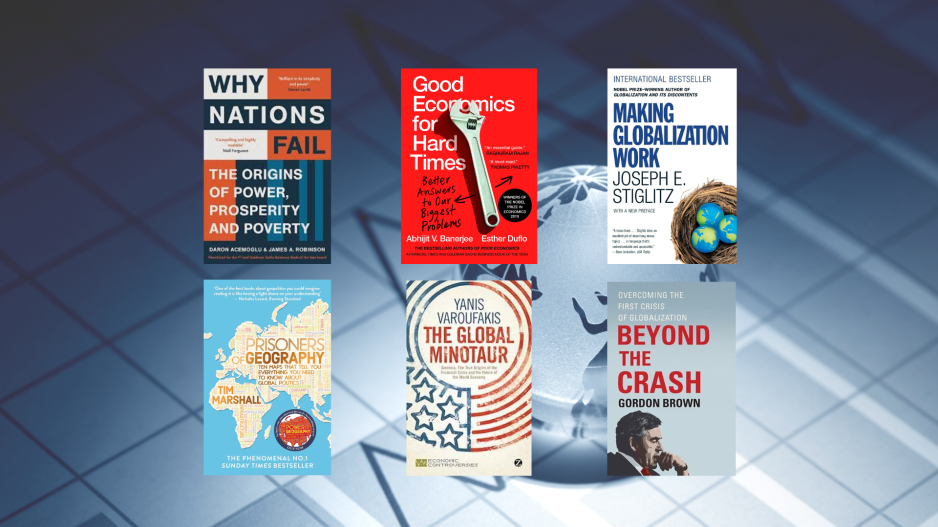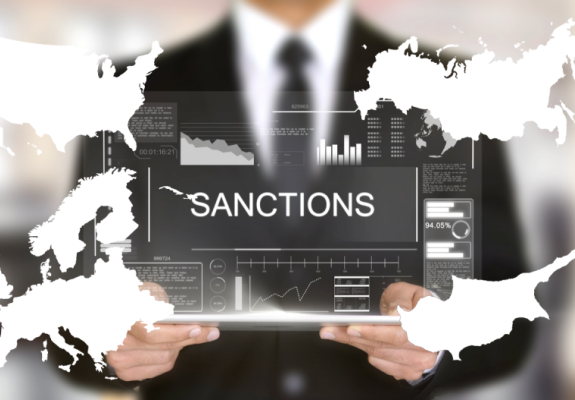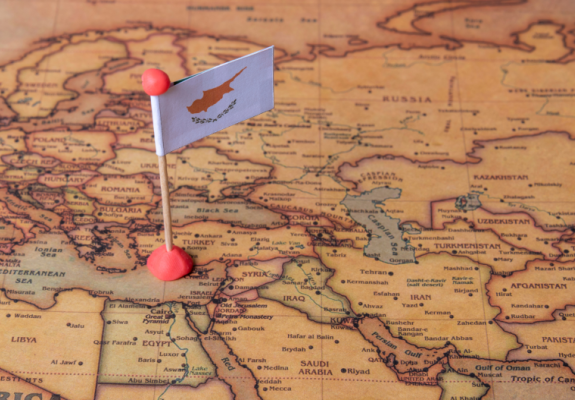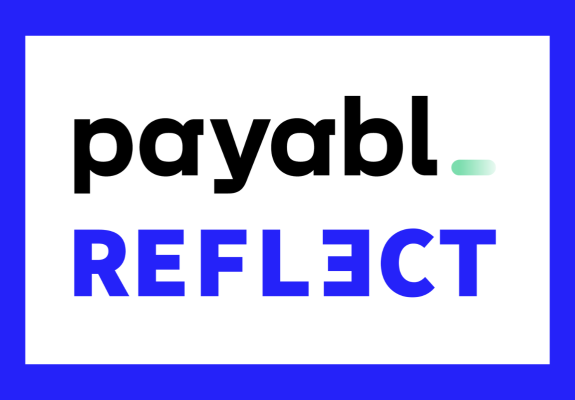6 Books For Understanding The Global Economy
Must-Read Options For Gaining Economic Insights & Making Sense of International Markets
Understanding the global economy has never been more crucial. From trade wars to financial crises, from income inequality to the forces of globalization, economic forces shape our world in profound ways. Yet, grasping these complexities can be daunting. To make sense of the factors driving economic prosperity and hardship, it is essential to turn to expert analysis and historical insights.
The following six books provide a well-rounded foundation for understanding how economies function, why some nations flourish while others falter, and what can be done to build a more equitable global financial system.
The world is divided into economic 'haves' and 'have-nots', with inequality reaching unprecedented levels. In Why Nations Fail, Acemoglu and Robinson examine the root causes of these disparities. Drawing on a vast array of historical and contemporary examples, the book argues that institutions—rather than geography, climate, or culture—are the primary determinants of a nation's success or failure. The authors challenge previous economic theories, such as Jeffrey Sachs' emphasis on geography and Jared Diamond's focus on technological and biological factors. Instead, they highlight the importance of political and economic institutions that create incentives for innovation, investment, and sustainable growth. Based on fifteen years of research, this book not only provides a compelling analysis of global economic disparity but also offers a hopeful path forward for countries mired in poverty.
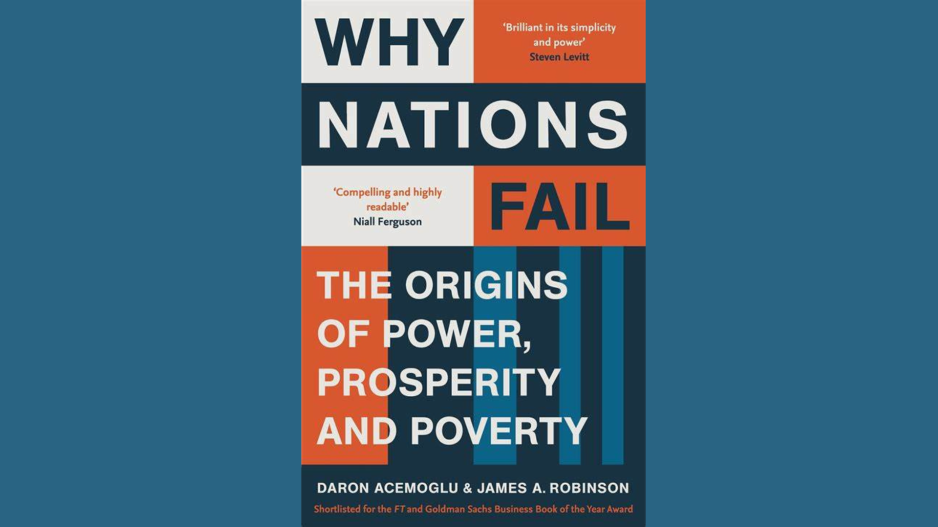
Banerjee and Duflo, both Nobel Prize-winning economists, explore some of the most pressing economic issues of our time in Good Economics for Hard Times, including immigration, inequality, globalization, and climate change. They argue that while resources exist to address these challenges, ideological divisions and misinformation often prevent progress. By grounding their insights in rigorous research, they debunk myths surrounding economic policy and advocate for intelligent interventionism that prioritizes human well-being over political agendas. Their writing is accessible, making complex economic concepts understandable to a broad audience. Ultimately, this book serves as both a critique of traditional economic thought and a guide to practical, evidence-based solutions for a more equitable world.
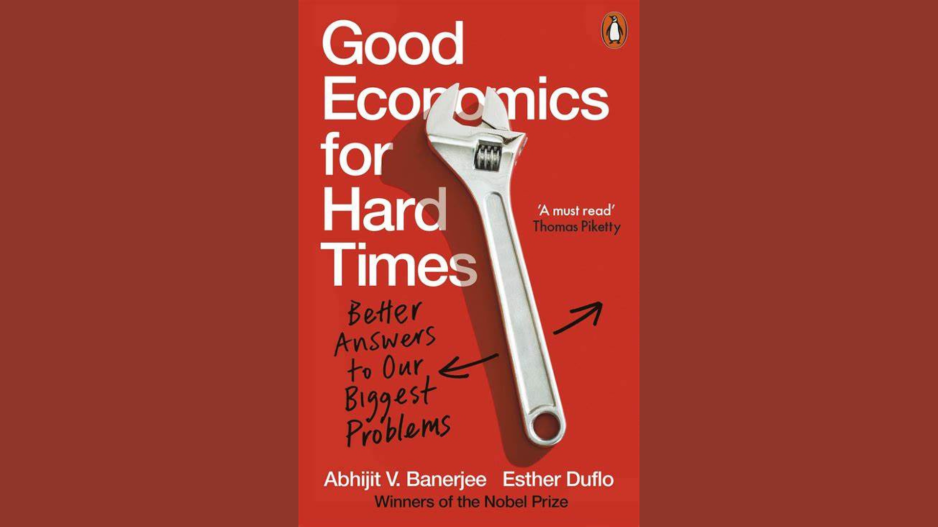
In Making Globalization Work, Nobel laureate Joseph Stiglitz explores the flaws in the global economic system and offers pragmatic solutions to ensure that globalization benefits a broader population. He addresses issues such as developing world debt, international financial instability, and climate change, while also advocating for reforms in trade agreements and global financial institutions. Stiglitz critiques the current global order, arguing that it disproportionately favors wealthy nations and multinational corporations. His analysis is deeply insightful and serves as a call to action for policymakers and citizens alike to push for a more just and sustainable economic system.
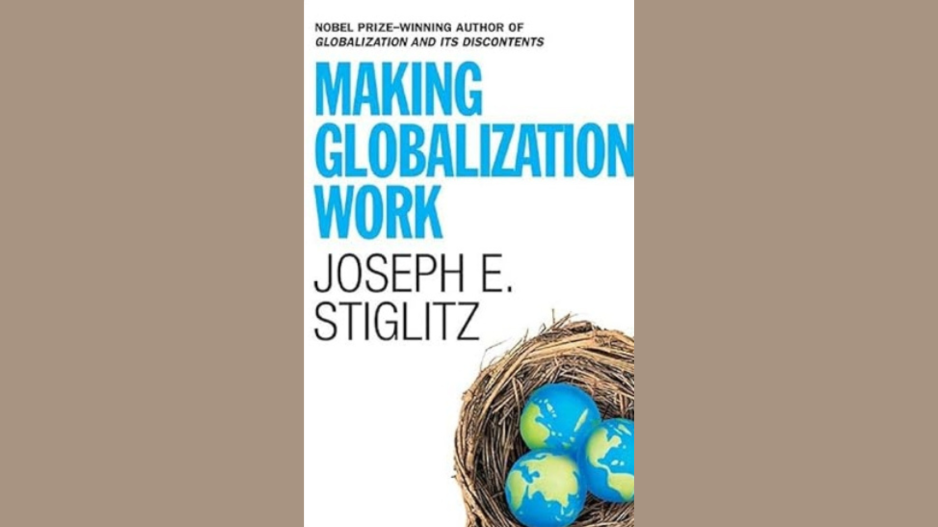
Marshall takes a unique approach to understanding global economics and politics by emphasizing the role of geography. In Prisoners of Geography, he argues that natural landscapes—mountains, rivers, oceans, and climate—play a fundamental role in shaping economic and political power. Using ten maps, he explains how geography has influenced major geopolitical decisions, from Russia’s fixation on Crimea to China’s strategic economic expansion. This book highlights how economic and political realities are often constrained by physical geography, offering readers an essential perspective on why nations act the way they do in the global arena.
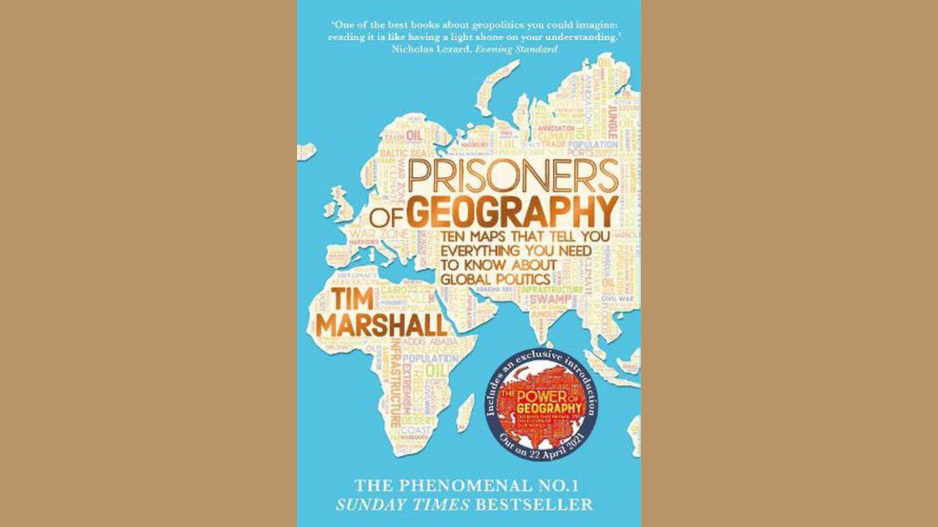
In The Global Minotaur, Varoufakis presents a bold and unconventional take on global economics, using the metaphor of the Minotaur to explain the post-war economic order. He traces the origins of the 2008 financial crisis back to the 1970s, when the U.S. became the global economy’s financial center, absorbing capital surpluses from the rest of the world. He argues that the weakening of this system has led to deepening crises in Europe and beyond. With a mix of historical analysis, economic theory, and political critique, The Global Minotaur challenges mainstream economic narratives and offers alternative perspectives on how to stabilize global financial markets.

Former British Prime Minister Gordon Brown provides an insider’s perspective on the 2008 financial crisis, detailing the decisions made by world leaders to prevent a complete economic collapse. Brown argues in Beyond the Crash that the crisis was not just the result of technical failures but also ethical ones, highlighting the reckless behavior of financial institutions and the lack of adequate global regulations. He advocates for stronger international cooperation, ethical financial markets, and global institutions capable of preventing future crises. With historical references to previous economic downturns and a roadmap for global economic recovery, this is an essential read for those interested in financial policy and crisis management.
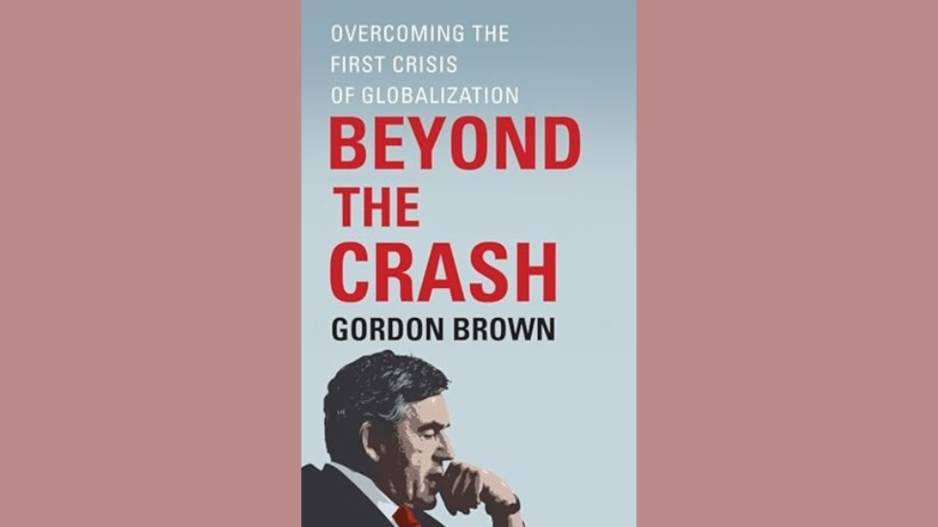
Whether through historical analysis, policy critiques, or geographic perspectives, these books offer essential knowledge for anyone looking to understand the complexities of international finance, trade, and economic development. As the world continues to navigate economic challenges, reading past publications can serve as a critical resource for fostering informed discussions and driving meaningful change.
